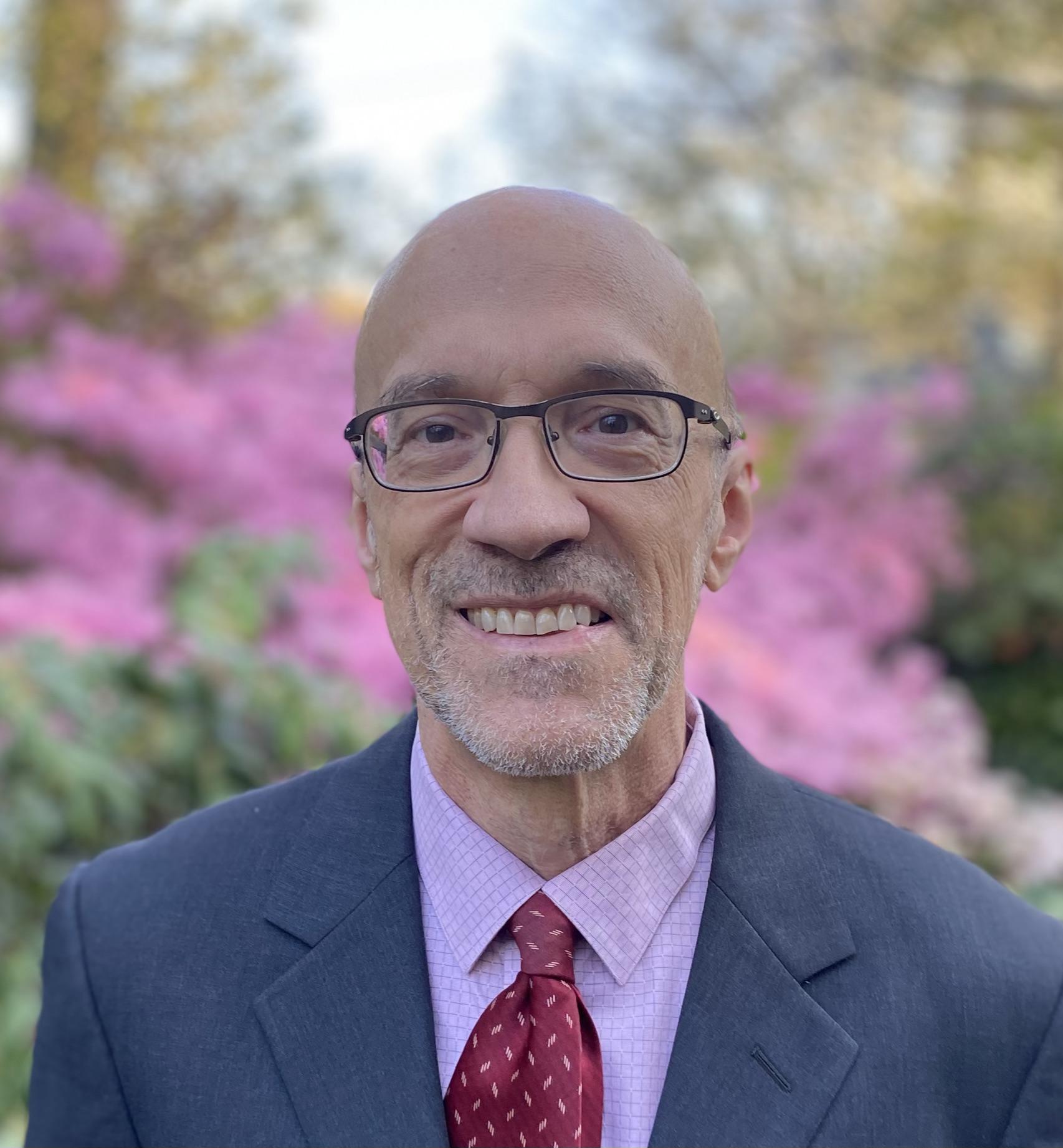Experts
Christopher Bort

Nonresident Scholar, Russia and Eurasia Program
About
Chris Bort is a nonresident scholar with Carnegie’s Russia and Eurasia Program. His research focus is on Russian foreign policy trends.
Chris Bort was the national intelligence officer (NIO) for Russia and Eurasia on the National Intelligence Council from 2017 to 2021. As NIO, he served as the senior subject matter expert on the region for the Office of the Director of National Intelligence. He also served as deputy NIO from 2010 to 2013. Chris Bort has been an analyst at the Central Intelligence Agency specializing in political, social, and foreign policy developments in Eurasia since 1998, and has been a member of the CIA’s Senior Analytic Service since 2002. He has served in a variety of supervisory and analytic positions since joining the Intelligence Community in 1981. He has an MA in Russian language and literature from George Washington University, a BA from the University of Maryland, and is government-certified in six languages.
Affiliations